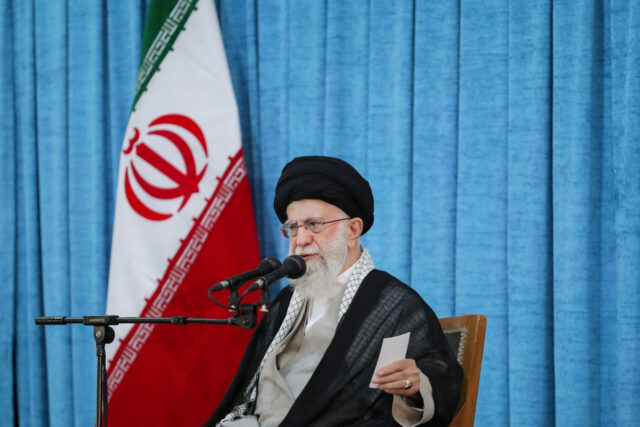Iran’s upcoming presidential election to be dominated by Khamenei loyalists. Iranians will choose a president on Friday in a tightly controlled election.
This comes after President Ebrahim Raisi’s death in a helicopter crash last month. The outcome is expected to influence who will be the successor to Supreme Leader Ayatollah Ali Khamenei.
Six candidates approved for the polls
With Khamenei, now 85, the next president will be involved in the eventual process of choosing his successor. This has all but ensured that candidates who share his hardline views will dominate the presidential contest.
The election coincides with escalating tensions due to the Israel-Hamas conflict. It also comes as the West has increased pressure on Iran over its rapidly advancing nuclear programme. At home there is growing domestic dissent over political, social, and economic crises.
The Guardian Council, a hardline vetting body of clerics and jurists aligned to Khamenei, has approved six candidates. This is from an initial pool of 80. Five of these are hardliners. One is a low-profile moderate candidate.
Khamenei will ensure a hardliner takes charge
Prominent among the hardliners are Mohammad Baqer Qalibaf, parliament speaker and former head of the powerful Revolutionary Guards, and Saeed Jalili, a former nuclear negotiator.
The moderate candidate Massoud Pezeshkian has the endorsement of Iran’s politically sidelined reformist camp. They advocate detente with the West.
The fiercely anti-Western Khamenei has not backed any candidate publicly. However, in a televised speech he said: “One who thinks that nothing can be done without the favour of America will not manage the country well.”
His adviser Yahya Rahim Safavi has urged voters to elect “a president whose views do not conflict with those of the supreme leader.”
“The people should choose a president who considers himself the second in command … The president should not create division.”
While the president’s role has a high international profile, real power rests with the Supreme Leader. He has the final say on state matters like foreign or nuclear policies and controls all branches of government. He also controls the military, media and the bulk of financial resources.
With inputs from Reuters
Traveller, bibliophile and wordsmith with a yen for international relations. A journalist and budding author of short fiction, life is a daily struggle to uncover the latest breaking story while attempting to be Hemingway in the self-same time. Focussed especially on Europe and West Asia, discussing Brexit, the Iran crisis and all matters related is a passion that endures to this day. Believes firmly that life without the written word is a life best not lived. That’s me, Ashwin Ahmad.





